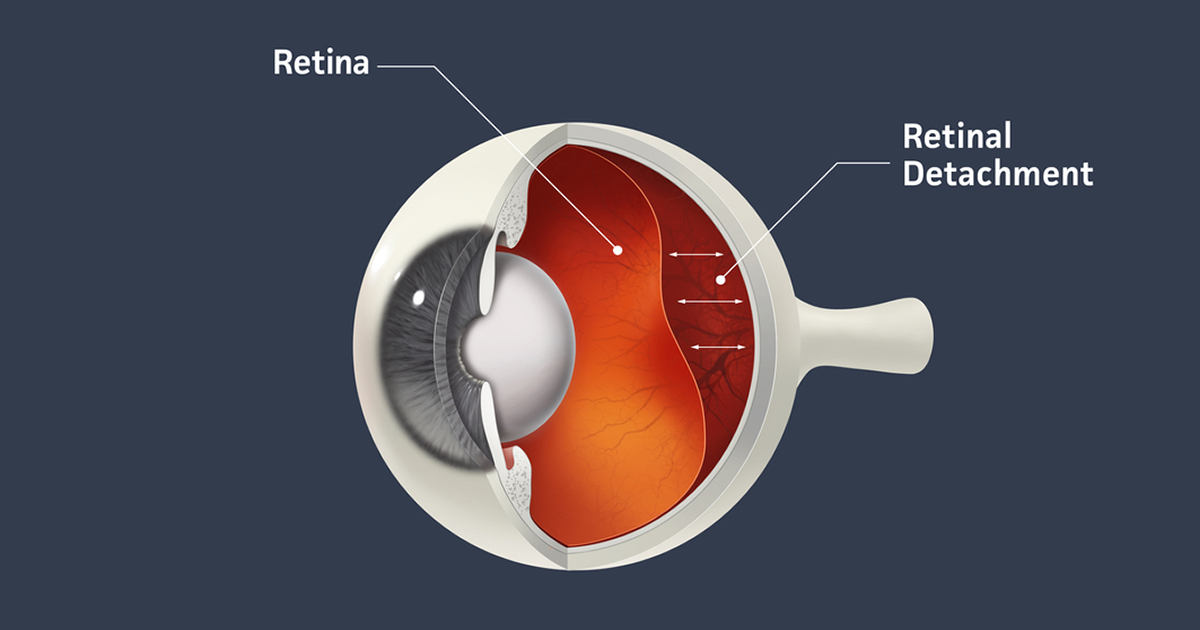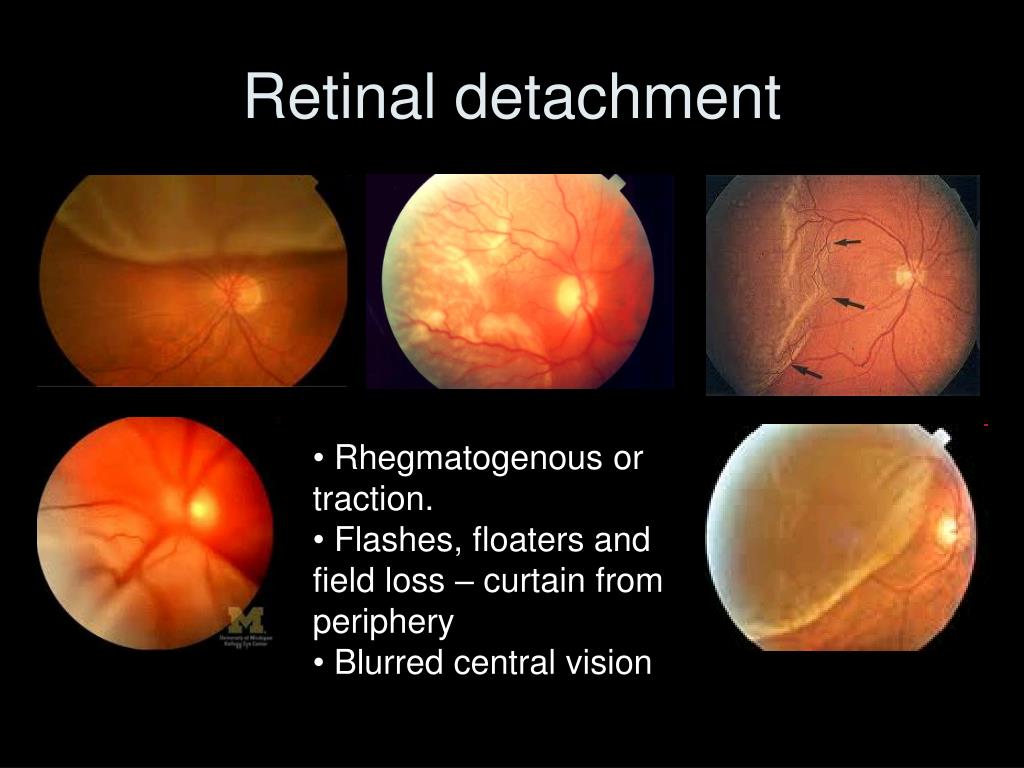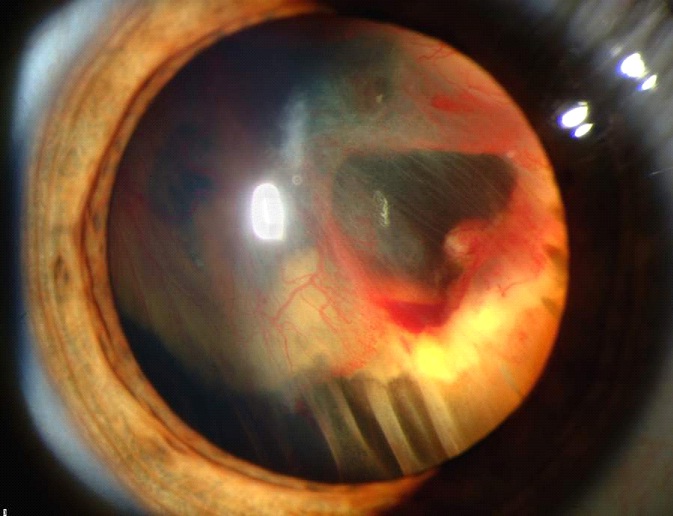
If you have an eye condition that puts you at risk for retinal detachment, stay up to date with your eye exams. There may be an alternative that can work well for you. If you’re using pilocarpine, talk to your eye doctor about the risks and benefits of these drops. These drops can treat glaucoma and presbyopia. Some eye drops, like pilocarpine, can lead to retinal detachment. Always wear eye protection when working or doing activities that might put your eyes at risk.Ĭonsider alternatives to pilocarpine. Eye injuries can cause retinal detachment. But there are some things you can do to decrease your risk of retinal detachment: You can’t change some risk factors for retinal detachment - like your age or your degree of nearsightedness. How can you lower your risk of a retinal detachment? Other eye conditions that affect your retina can also increase your recovery time. In general, if you had a larger part of your retina detach, or if your retina was detached for a longer period of time, your recovery may take longer. Recovery time after treatment varies from person to person. It can take between 2 to 4 weeks to recover from retinal detachment surgery. How long does it take to recover from a detached retina?

If you have a medical condition that leads to exudative retinal detachment, you’ll need specific treatment for that condition. An ophthalmologist can use different tools, like lasers, to reattach the retina to the back of the eye. How do you treat retinal detachment?Įye surgery treats rhegmatogenous and tractional retinal detachments. If there’s a tear or detachment, they can treat you right away. So in just a few minutes you can find out if your retina is OK or needs treatment. To check for retinal detachment, your eye doctor only needs to perform a dilated eye exam. If you experience any of these symptoms, call your eye doctor immediately. Gray or black spots in your vision that look like specks or cobwebsĭimming of your vision, as if a veil has been pulled across your eyes New floaters, especially if they’re large or you experience multiple at once So knowing the symptoms of retinal detachment can save your vision.įive key symptoms of retinal detachment are:įlashes or sparkles of light in your vision (especially at the edges of your vision) What are the symptoms of a detached retina?Įarly treatment for retinal detachment can prevent permanent vision loss. Uveitis or other inflammatory conditions that affect the eye People are more at risk for this type of detachment if they’ve had an injury to their eye.Ĭertain medical conditions also increase the risk of this type of detachment, including: Both things can push the retina away from the back of the eye. Exudative detachmentĮxudative retinal detachments happen when blood vessels leak or there’s swelling in the back of the eye. People are more at risk for this type of detachment if they have eye conditions, like diabetic retinopathy or sickle cell retinopathy. Tractional retinal detachments happen when scar tissue pulls the retina away from the back of the eye.

People with a history of nearsightedness ( myopia) or previous eye surgery are also at risk for this type of retinal detachment. This type of retinal detachment is more likely to develop as you get older. This lets fluid from inside the eye enter the back part of the eye, which pushes the retina away from the back of the eye. In this type, a tear or break forms in the retina. Rhegmatogenous detachment is the most common type of retinal detachment. There are three different types of retinal detachments. Let’s take a look at the risks for retinal detachments and vision changes you should never ignore. And if it does happen, it’s important to get urgent medical attention to preserve your vision from this emergency. While there’s no way to prevent a retinal detachment from happening, there are steps you can take to reduce your risk.

Some people are more at risk for it than others. experience a retinal detachment every year. This results in vision changes and a decrease in vision or even vision loss.Ībout 28,000 people in the U.S. When this happens, your retina can’t do its job.

It converts light signals into electrical signals and then passes these signals to the brain so you can see.Ī retinal detachment is when the retina peels off the back part of the eye. The retina is the back layer of the eye, and it plays an important role in helping you see.


 0 kommentar(er)
0 kommentar(er)
